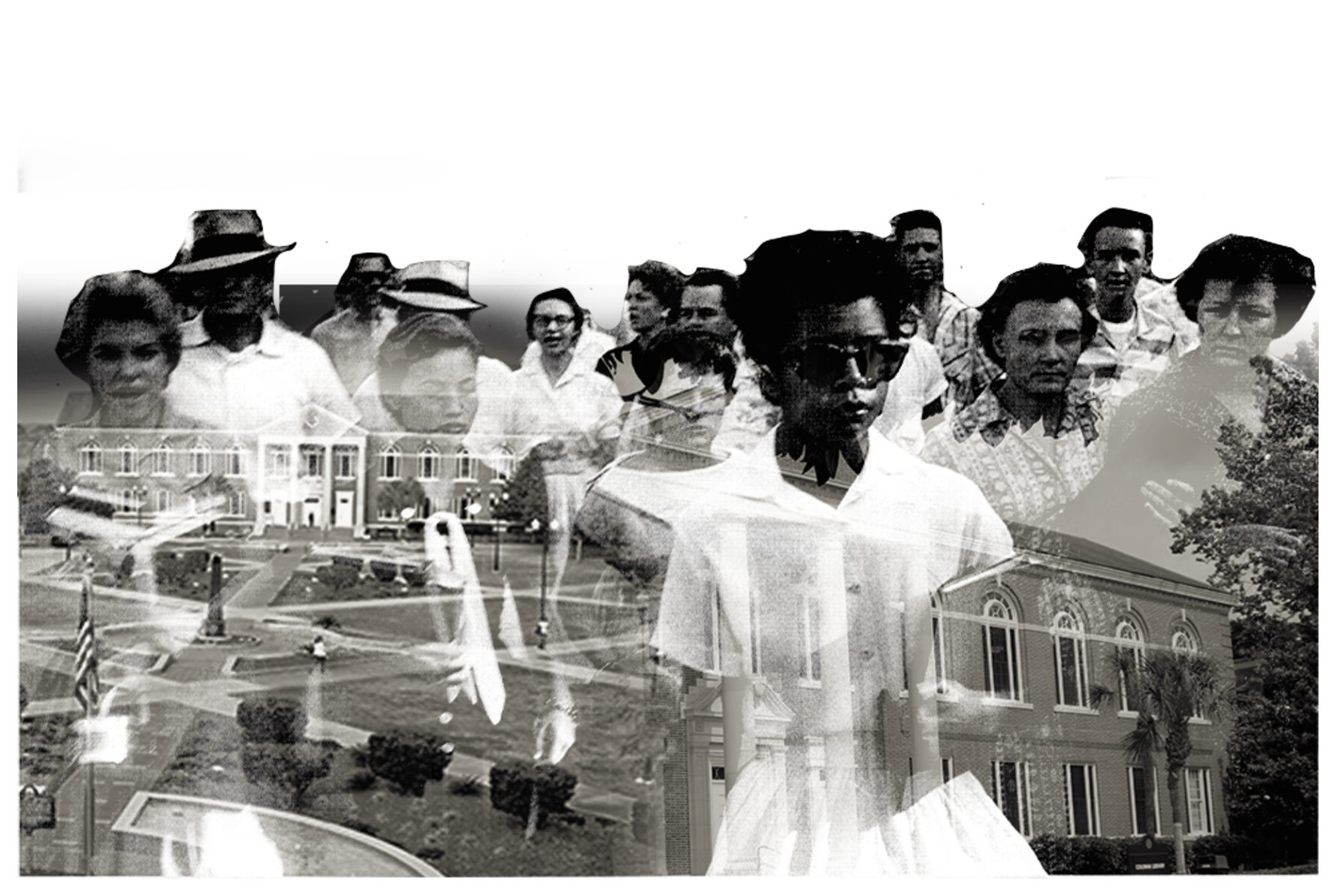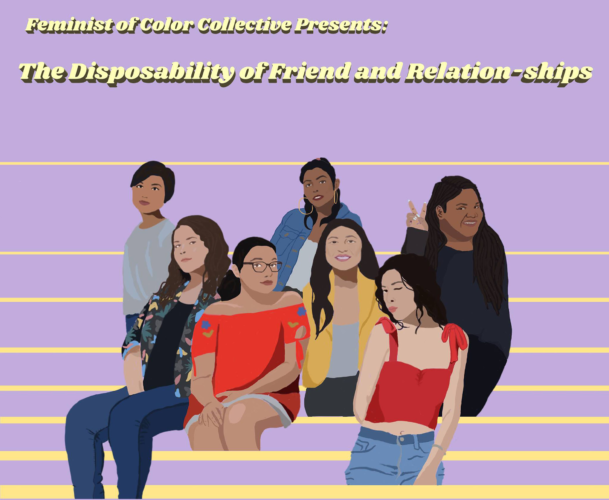Historically Black colleges and universities are an amazing opportunity for Black youth, but aren’t an ideal fit for all, and their decisions to not attend should not be vilified.
The United States Supreme Court’s 1896 decision in Plessy v. Ferguson established a “separate but equal” doctrine in public education. In validating racially dual public elementary and secondary school systems, Plessy also encouraged Black colleges to focus on teacher training to provide a pool of instructors for segregated schools. Progressive legislation was in the making at the time, but the reality of the separate education still plagued the Black community and left them to create their own structures such as HBCUs.
Unfortunately, HBCUs do not have the financial resources to make expensive recruitment trips across the country in hopes of gaining a larger student body. In addition to this, multiple HBCUs “have historically received less funding and inequitable program offering compared to the states’ predominantly white institutions,” as stated by The Diverse Education Foundation. Knowing this, Black students sometimes opt out of this educational experience.
However, people have been shaming those who choose to attend other colleges aside from HBCUs, which does nothing but perpetuate the notion that it is the responsibility of the individual to maintain structures that are so much bigger than them.
According to the United Negro College Fund, “Congress defined an HBCU as an institution whose principal mission was and is the education of Black Americans.” HBCUs were established under the pretext of creating an educational environment for the Black community that would allow the opportunity for post-secondary education during a divisive time. The Thurgood Marshall College Fund revealed these universities are responsible for 22 percent of current bachelor’s degrees granted to African Americans.
Professors at the University of Massachusetts conducted research analyzing the reasoning behind why Black students choose an HBCU. The information they collected revealed the decision to choose such an institution is influenced by personal relationships, college reputation and seeking to affirm one’s Black identity. As justifiable as this reasoning is, we cannot vilify Black students who choose to attend another type of institution for these very same reasons.
HWIs, historically white institutions, make up a large majority of universities in the country. Often, the accessibility of HWIs is higher for Black students for reasons ranging from distance to affordability. The lack of media coverage and discussion surrounding the academic progress of HBCUs is also a reason as to why some students do not choose that route.
In an article published by NBC News, “Stop Shaming Black Students Who Choose Not to Attend an HBCU,” writer Katherine Wheatle said, “HWIs are regarded with higher value because white supremacy ensured their institutional development through public and private investments, appropriations and grants.”
In an interview with The Root, Dr. James Stewart, national president of the Association for the Study of African American Life and History said, “There’s activity going on [at HBCUs]; it’s just not as visible and as well supported as you might see at white institutions.”
The reality is that the quality of education at the HBCUs and HWIs is not superior to each other, but due to the high visibility and abundant resources HWIs are afforded, they are more publicly esteemed.
In the past, HBCUs were vital because Black students were often denied admission to predominantly white colleges. However, in a day and age where students legally cannot be denied for their race, as established by Title VI of the Civil Rights, Black students are able to decide between a wider array of colleges.
HBCUs are historically significant, culturally relevant institutions and because of this, they will forever hold a place in education, and the importance of HBCUs is not devalued by the choices of select Black youth. The academic success of Black students should be celebrated and not picked apart.






